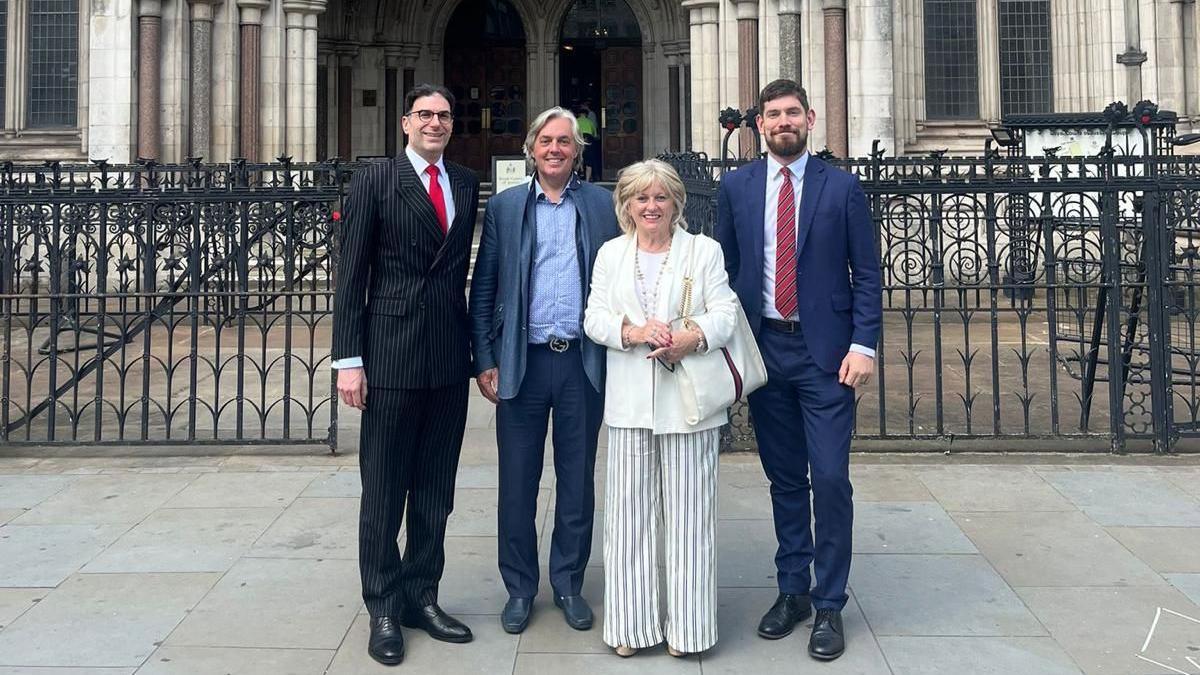Covid loss businesses take action against insurer
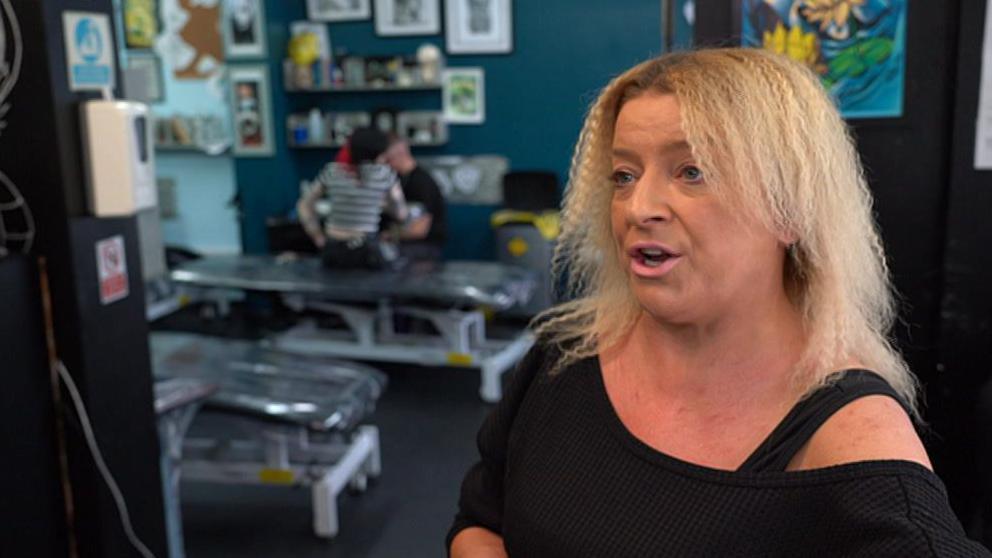
Serina Russel is one of 69 small business owners taking group legal action against the Beazley Group
- Published
"As scary as [the lockdown] was, I didn't panic - I thought my business was covered."
Serina Russel's tattoo business in Walsall has been in the family for 27 years. When the pandemic hit and the country went into lockdown, Ms Russel knew she had business interruption insurance and believed she would be covered.
However, the insurance company Beazley Group refused to pay out to business owners like Ms Russel, claiming the business interruption policies were not designed to cover a national lockdown.
Ms Russel is now one of 69 small business owners taking group legal action against Beazley. The insurance company told the BBC it did not comment on ongoing litigation.
Ms Russel, who owns The Underground Tattoo Studios, has been paying for the insurance for 15 years, since her parents handed down the business to her. The cover costs her £46 a month.
She told the BBC: "My questions were 'why am I not covered?'
"When you take out business interruption insurance, it doesn't state you're not covered for a pandemic so you think you're fully covered for everything, in the eventuality of your business closing, which is what it says.
"The point is if you are closed, if your business is closed, you are covered, otherwise what is the point in having it?"
Ms Russel said she was forced to take out a bounce back loan, external instead, which she is still paying back five years later.
The business was closed for 10 months as she said it was difficult to abide by government guidelines of maintaining a 2m distance from people while trying to tattoo them.
Ms Russel described the whole experience as being traumatic, but said the business was able to survive thanks to its loyal client base.
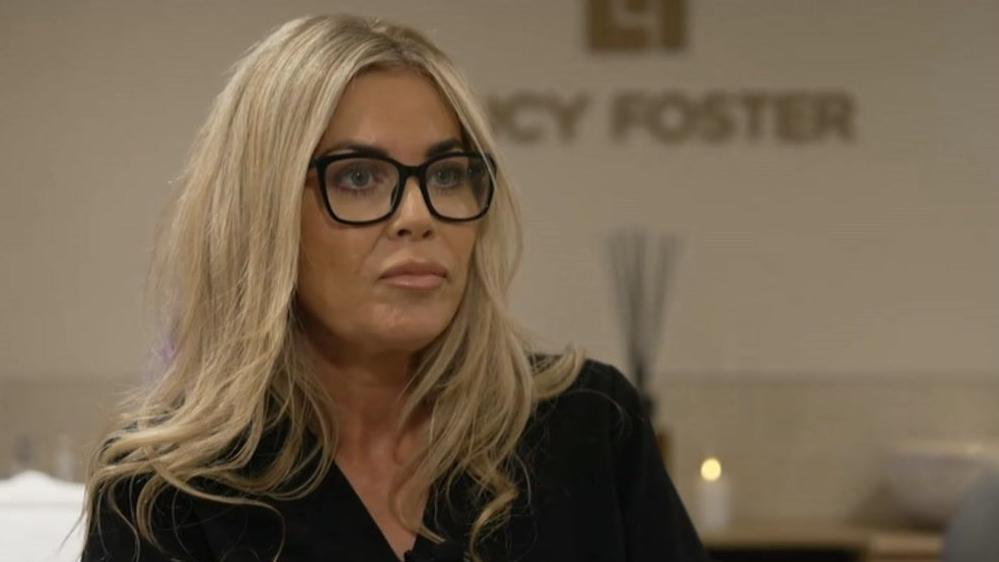
Lucy Foster said she put her blood, sweat and tears into the business and found she had to rethink parts of the business because of the insurance issue
Lucy Foster from Tamworth in Staffordshire has her own beauty clinic, the Lucy Foster Wellness Clinic. She also had a training school in Birmingham's Jewellery Quarter but had to close it after the pandemic.
She also paid premiums for business interruption insurance with Beazley and said the lack of payout had stalled the growth of the business.
"Equipment and devices that I've always been able to buy year-on-year, I've literally had to rethink the whole business model and change where I was at," Ms Foster said.
She had to take out a £25,000 bounce back loan which she said she was still paying off.
"It's quite hard when you've literally put blood, sweat and tears for years and years," she said.
"I'm 30 years in the industry and to feel you've had to go back a number of years - it's quite tough."
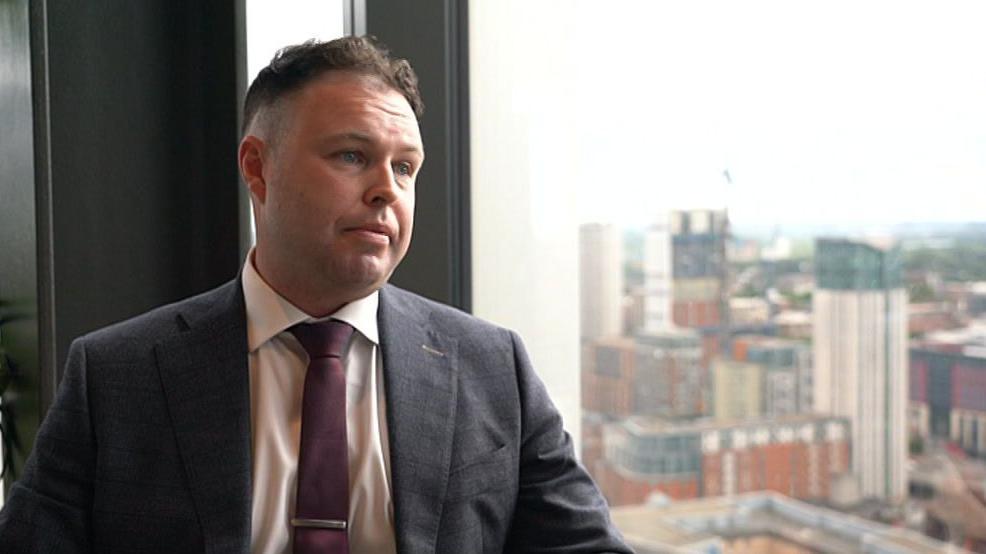
Solicitor Chris Guy believes the wording of the insurance policy does cover pandemics
The small businesses are being represented in their claim by Birmingham-based solicitor Chris Guy.
Regarding Beazley's policy, Mr Guy said: "The wording is wide enough in our legal opinion to cover a pandemic.
"It is a closure by a government as a result of an incident, which caused the denial of access to the property.
"Covid was an emergency at the time which the government decided they needed to take extreme measures and close these businesses. The wording in this policy in our opinion covers for that."
Mr Guy said there were thousands of other people in the same position. However, people only have until March 2026 to lodge a legal complaint, because claims are limited to six years from the incident occurring.
In the case of the pandemic, this was in March 2020 when the first lockdown was announced.
Get in touch
Tell us which stories we should cover in Birmingham and the Black Country
Follow BBC Birmingham on BBC Sounds, Facebook, external, X, external and Instagram, external.
Related topics
- Published15 July
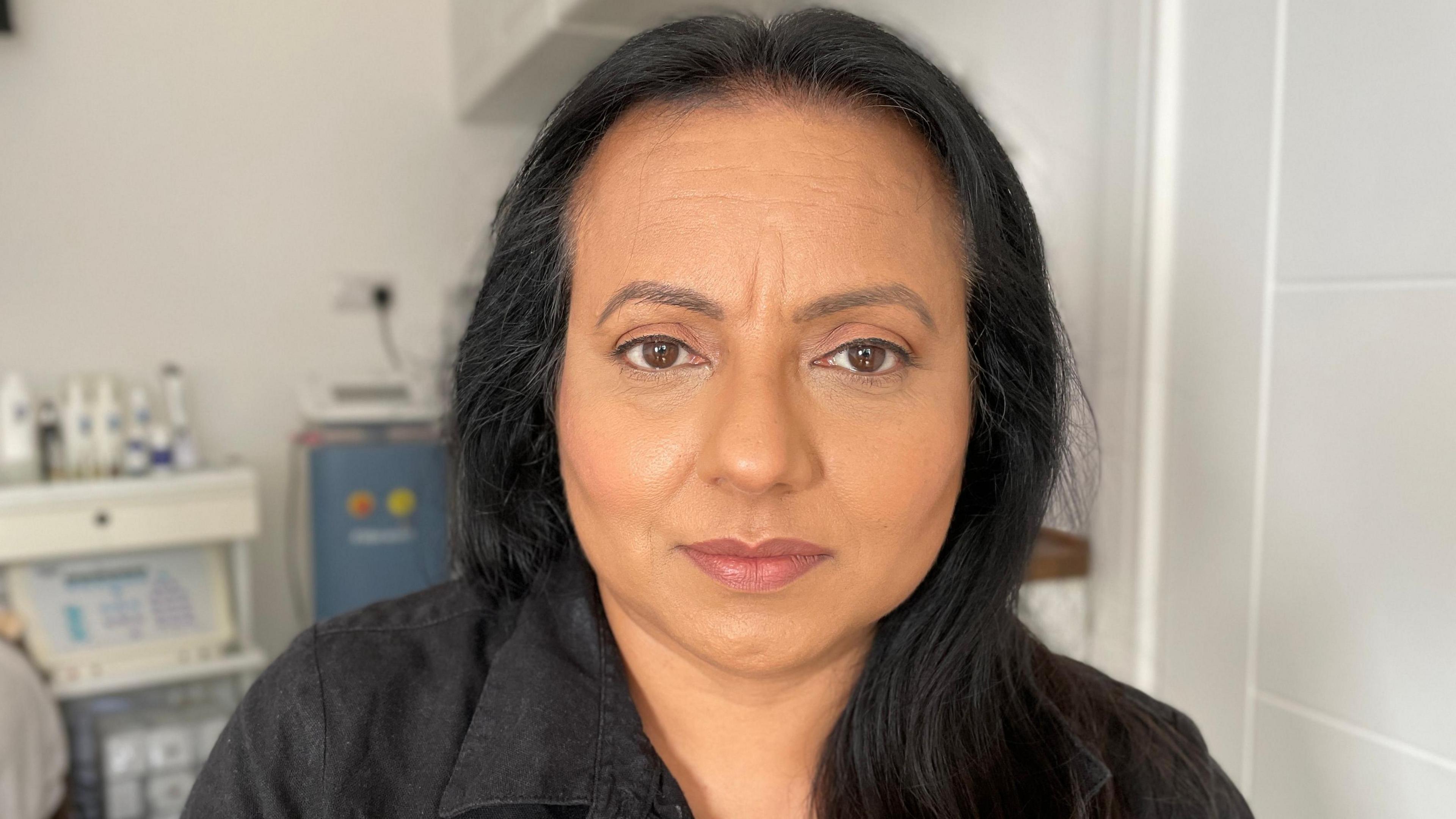
- Published13 September 2024
